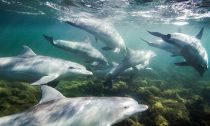
Dolphins living in the English Channel are exposed to a “cocktail of pollutants”, say scientists. A study found some of the highest recorded levels of toxic chemicals and mercury in the bodies of bottlenose dolphins off the French coast.
Researchers say more needs to be done to tackle the “invisible” problem of lingering pollutants in the oceans.
The Channel is home to one of the last remaining large European populations of bottlenose dolphins.
Researchers took tissue samples from more than 80 dolphins living in waters off Normandy and Brittany.
They found high concentrations of mercury in skin and polychlorinated biphenyls, or PCBs, in blubber.
Other industrial chemicals, such as dioxins and pesticides, were also found in blubber samples, which together may act as a “cocktail of pollutan...
Read More









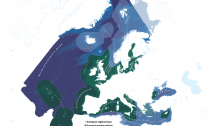
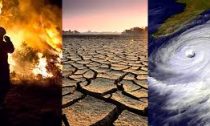
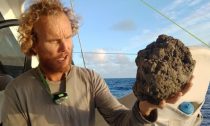

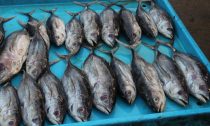

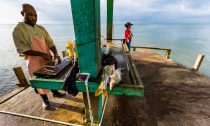
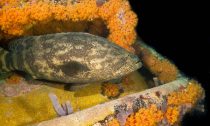
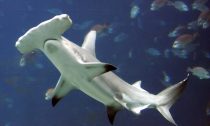

Social Profiles